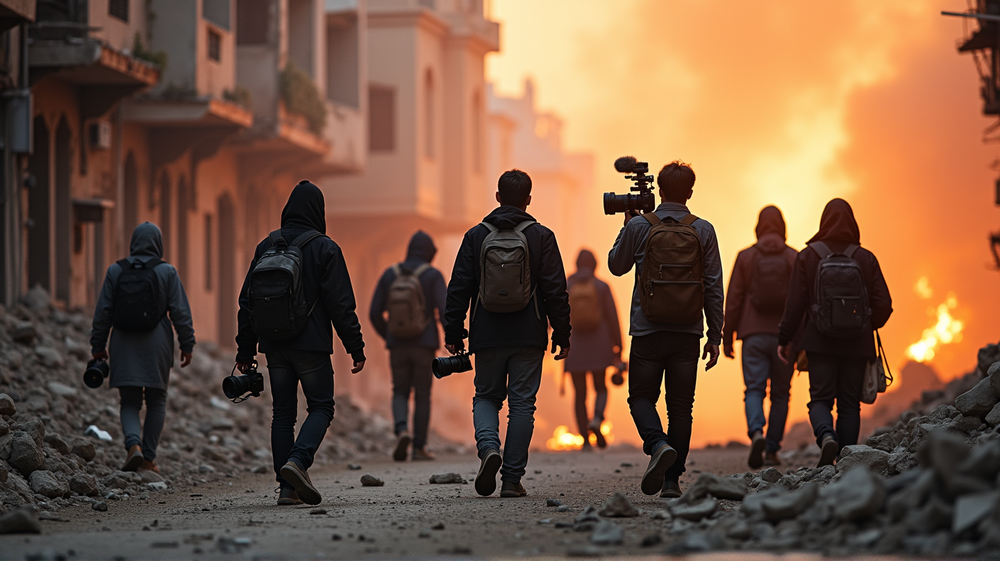The Israeli airstrikes in Yemen’s north have tragically marked the deadliest assault on journalists in 16 years. According to a report by the Committee to Protect Journalists (CPJ), 31 journalists and media support workers were killed in the attacks earlier this month. This devastating incident is second only to the 2009 Maguindanao massacre in the Philippines in terms of journalist casualties. The strikes have brought intense scrutiny and criticism toward Israel amid its ongoing conflict with Iran-backed Houthis.
An Unprecedented Attack
Nasser al Khadri, the editor-in-chief of the 26 September publication, described the airstrikes as an “unprecedented massacre of journalists.” The bombing destroyed offices belonging to two media outlets located within the government’s Moral Guidance Directorate. According to the CPJ report, these journalists were conducting their daily work, protected under international law, when they lost their lives in what is described as a targeted attack.
Rising Tensions in the Region
The tragedy comes amidst escalating tensions between Israel and the Houthis, a group controlling much of northwestern Yemen. The recent violence is part of an ongoing conflict sparked by the October 7 Hamas-led attacks in Israel, resulting in Israel’s military engaging in what they term necessary defensive actions. These tragic killings have drawn significant international attention, as so many lives of media workers have been claimed across Gaza, Lebanon, Iran, and now Yemen.
Denial and Criticism
Israel has denied claims of deliberately targeting journalists, referring to attacks as responses to Houthi offensives. However, the CPJ asserts that Israel is carrying out “the deadliest and most deliberate effort to kill and silence journalists” it has ever documented. This tension has led to serious concerns for media organizations, with Reuters choosing to cease sharing its team’s locations in Gaza, underscoring the danger faced daily by journalists in conflict zones.
A War on the Free Press?
The Committee to Protect Journalists and the Foreign Press Association have fiercely condemned these killings, emphasizing the essential role of journalism in providing an unbiased account of conflicts. With 193 Palestinian journalists and media workers reported killed in Gaza since 2021, the scale of these losses is both staggering and deeply concerning to press freedom advocates worldwide.
The Legacy of Conflict
As the conflict continues, the loss of these journalists stands as a stark reminder of the dangers and risks faced by media workers in war-torn regions. Their commitment to reporting the truth, even amidst life-threatening circumstances, highlights the critical importance of safeguarding freedom of the press worldwide. According to NBC News, the need for global action to protect journalists has never been more urgent.












